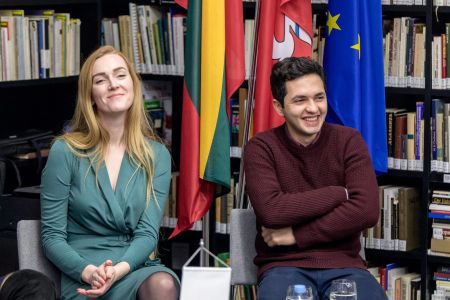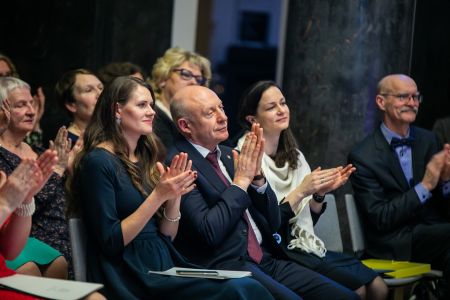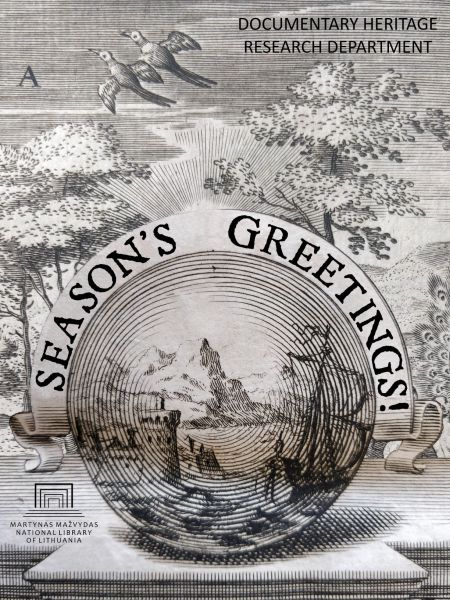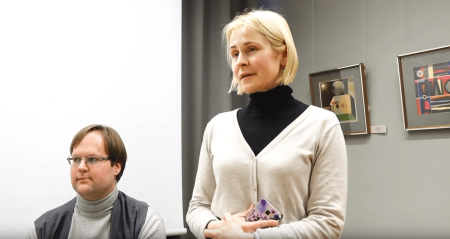On October 25, a doctorate student of Vytautas Magnus University, Egidijus Balandis, successfully defended his Ph.D. thesis “Sport in the Social Fabric of Lithuanian-Americans in the Early 20th Century.”
Using the history of sport, Balandis analyzes the activities of Lithuanian-American
organizations and civic participation of Lithuanians in American life. The main
goal of his thesis is to explore the role of sport in a wider social fabric of
Lithuanian-Americans of the early 20th century. Balandis looks at the attempts
by Lithuanian-Americans to establish contacts and accumulate social capital
through sport organizations, competitions, the non-sport activities of Lithuanian-American
athletics clubs and the celebrities of that time. Using archival sources,
periodicals and historiography, the author analyzes the by-laws of Lithuanian-American
sport clubs, features of self-governance, various forms of activities, social
functions, and their involvement in building social networks and relations with
a broader part of the civil society of Lithuanian diaspora. In doing so, he
tries to answer the question what role did sport play in social networks of
ideologically oriented Lithuanian-American movements, and what attitudes they held
towards sport and sport activities. Balandis also investigates the attempts of
the Lithuanian-American media and more famous athletes and fans to construct
the portraits of sport heroes and their intentions to use these portraits as
both an opportunity to bring Lithuanians together and as a tool of social
control applied on different diaspora layers.
On October 11, Monika Šipelytė, a doctorate student of Vilnius University, defended her Ph.D. thesis on the topic of political and diplomatic activities of Lithuanians in Switzerland in 1915-1919 and their impact on the statehood of Lithuania. The dissertation analyzes in depth the early emigration of Lithuanians to Switzerland and their political aspirations, actions, and achievements during the WWI. More specific activities, such as international and national conferences, development and dissemination of state projects, publishing, and internal and external correspondence are discussed in five chronologically arranged chapters.



